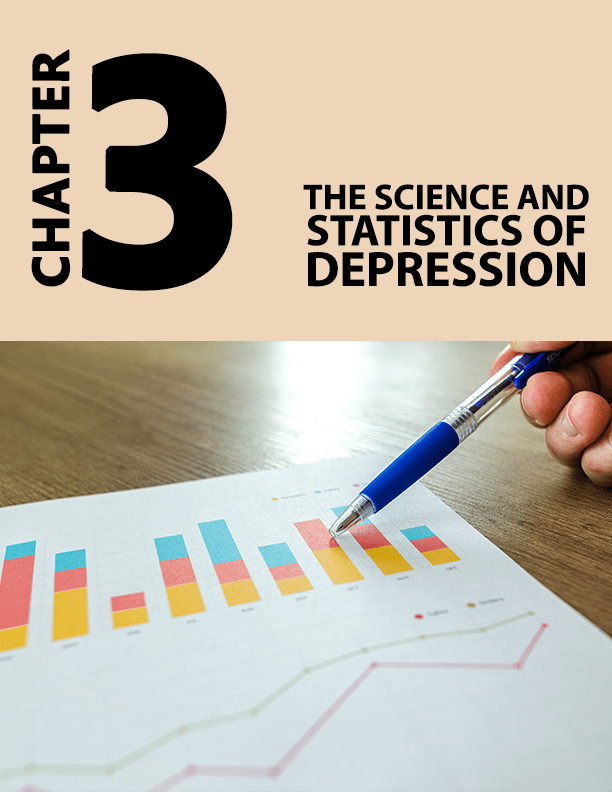
One of the common ways you experience depression is through a particular manner of thinking; of over thinking, or sometimes thinking too little. In fact, one of the most described symptom by patients is the feeling of “over analysis and worrying more than necessary” about everything and patients also stated that they felt like they were stuck in circles of negative thought processes.
Some people also complain about going over the same thing over and over
again in their heads with multiple worst-case scenarios being thought about.
Several patients have even complained about being unable to switch off their
overtly active minds. This can be both mentally and physically draining and it
is happening more often than you think.
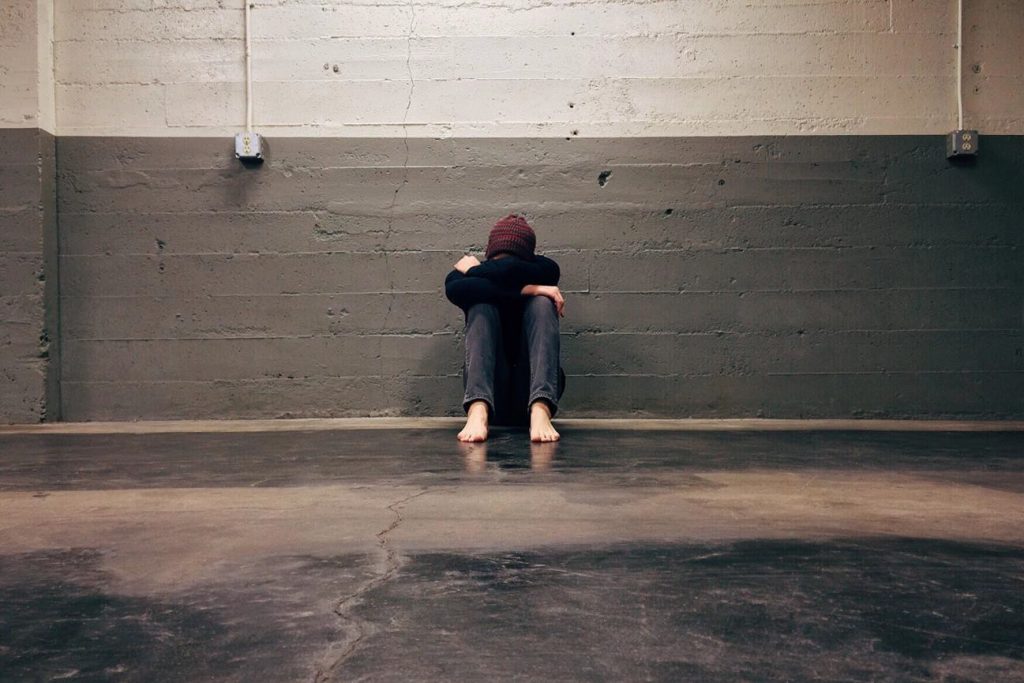
The Science of Depression:
Depression, as you understand now, has an array of misguided stigmas. As much as people are unaware of the details of depression, there are always those who constantly challenge and criticize the diagnosis of depression.
[am4show have=’g10,0,-1;’ guest_error=’premium’ user_error=’premium’ ]
Some perceive depression to be just a prolonged bad mood or even see a depressed person as someone who has a very negative outlook on life in general. Science has broken down the types of depression and has proven to the cynics that it is much more than just a phase of bad moods or a factor of outlook and perception.
Depression was termed as a ‘chemical imbalance’ in the brain in the past and especially, scientists believed the lack of the neurotransmitter Serotonin was the reason for that. Serotonin is often referred to as the feel good chemical. However, the only real evidence for this was that patients came in with complaints that lead to this particular diagnosis were prescribed drugs to increase their Serotonin levels.
The results were that the symptoms were able to become controlled. Even though the drugs worked temporarily, this does not show conclusively just how complex depression is. In the recent past, scientists have discovered that the brain cell growth and the connection of cells plays a much larger role than was perceived in the early years.
When the brain of a depressed person is examined, studies show that the Hippocampus in the brain is much smaller than average when someone is depressed. Other areas of the brain are also physically affected, but this region particularly controls the memory and emotions. The longer the person has been depressed, the smaller the Hippocampus becomes. The cells and networks, quite literally, deteriorate.

It turns out that stress can be one of the main triggers that reduces the number of neurons in this part of the brain. The good news ,however, is that the studies haves own that with regeneration of the neurons in this part of the brain means that the mood improves. Interestingly, many of the drugs prescribed that affect Serotonin levels have an indirect effect on the growth of brain cells.
Now, this is a likely reason why Serotonin based drugs tend to help some patients, rather than for the reasons that were once supposed. The exact reason, in this case, is that the spike in Serotonin levels generates other chemicals that stimulate Neurogenesis – in other words – growth of neurons. With this discovery, scientists are now working towards targeting Neurogenesis directly for better and more effective results.
There have also been scientists who have discovered that depression is transmitted through genes. The gene that transmits the depression – figuratively – is called the serotonin transporter gene. Every individual has two copies of the gene, one from each parent. This particular gene strand can either be short or long.
After tracking over 800 young adults over five years, studies revealed
that 33% of individuals with one short version became depressed after being put
into stressful conditions.
People who had two short genes did even worse. On the contrary, people with two long genes had a strong disposition to be depressed with a similar amount of traumatic conditioning. Many other genes have also been identified that could potentially carry depression and make it a hereditary norm in the family.
It does make sense, depression and bipolar disorders are both known to run in families. Studies on biological twins have shown that if one twin has depression or bi-polar disorder, the other twin has a 60% to 80% chance of developing it too.
While the true cause or the roots of depression are yet to be pinned down
precisely, there is talk about depression sharing symptoms and similarities
with various other illnesses like Amygdala, Trauma, Circadian Rhythm and a lot
more. We need to understand that depression is a condition with a biological
base along with psychosomatic and societal implications. It is not just a phase
that you “get over” or something you have a saying.
Statistics for Depression
To certain people out there, going through numbers and facts can be depressing in itself. However, I urge you to bear with me on this one and see if you can spot your country and also see if you or anyone you know is contributing to these mind-boggling statistics.
India, China and the USA are some of the top countries that the World Health Organization classifies as “depressed countries of the world.” The trio also shares the top of the table when WHO compiled a list of countries largely affected by recorded cases of anxiety, schizophrenia and bipolar disorders.
According to National Alliance on Mental Illness, one in five adults in the US experiences some form of mental illness each year – out of which only 41% received mental health care in the year 2015. In the statistics recorded by WHO, it was shocking to learn that the 45% of the world’s population lives in a country where psychiatrist was available to serve a hundred thousand people at best.
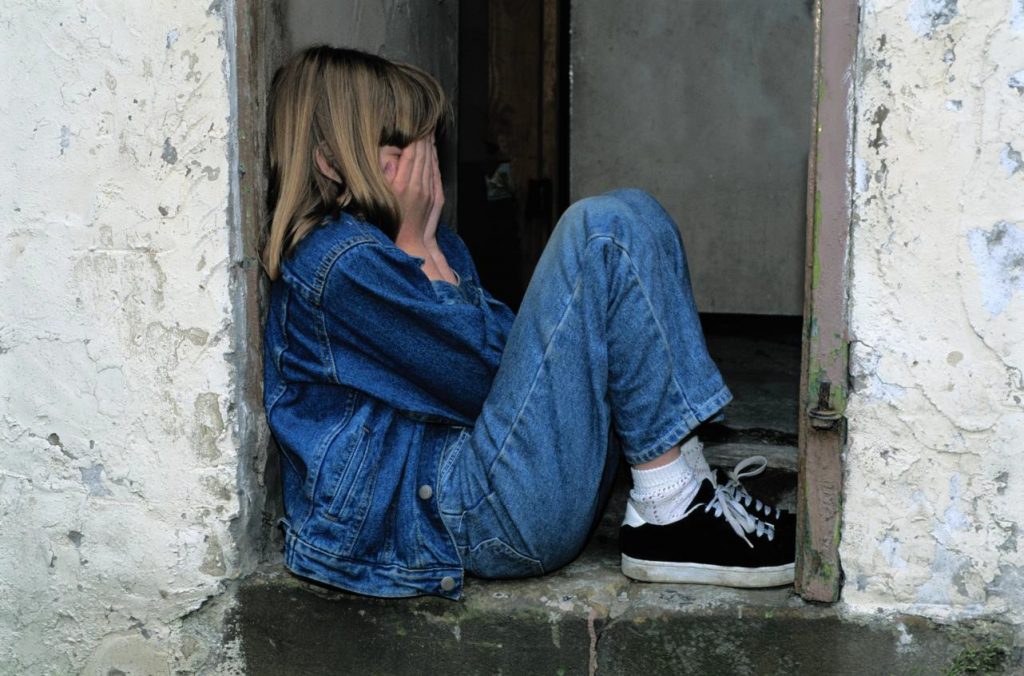
Asia has recorded the lowest number and concentration of psychiatrists despite having one of the highest numbers of recorded mentally ill patients. On the brighter side, Europe has the highest. The list is topped by Monaco, followed by Belgium and the Netherlands. Each of these countries averages between twenty to forty psychiatrists per hundred thousand people, according to WHO.
The countries listed below, listed from highest to lowest, have the greatest burden of mental health disease and death caused by depression.
- India
- China
- USA
- Indonesia
- Brazil
- Russia
- Pakistan
- Bangladesh
- Nigeria
- Iran
Here are some interesting statistics that will certainly change your perception about how serious depression is.
- Some form of depression globally affects 350,000,000 people.
- At the age of 18, 11% of adolescents have a depressive disorder.
- According to a postpartum depression study of 2013, 14% of women were prone to depressive disorders within four to six weeks of giving birth.
- 16,000,000 is the number of adults in the US that have been victims of at least one form of depression, as per the study in 2012.
- Women are found 70% more likely to be prone to depression than men.
- The annual cost of $80,000,000,000 has been estimated as hours lost in the US due to low productivity and improper healthcare.
- 50% of Americans with major depression do not realize or seek assistance for their depression.
- Depression can affect anyone at any age, although it is most common between the age 15 and45.
Although there are a lot more numbers that can be found upon research, the ones mentioned above are the most evident ones. It only goes to show that we know at least one person in our circle that is potentially going through depression. It is always best to catch depression early. Keep a constant check on your loved ones. Do not forget to check on yourself.










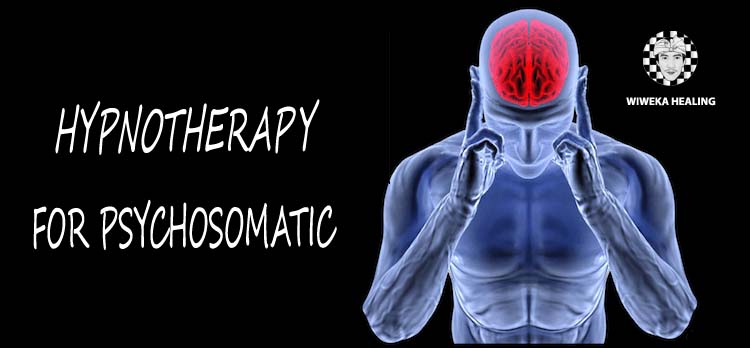
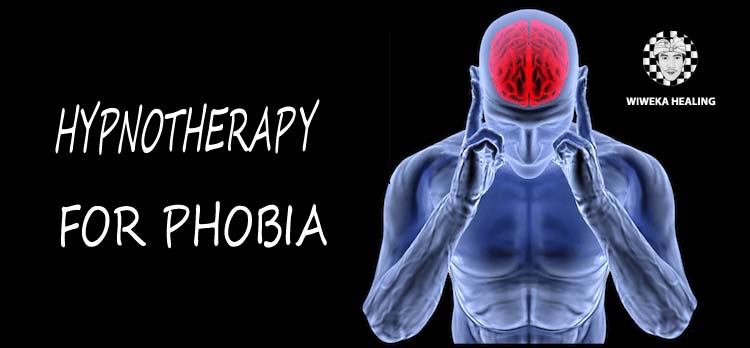
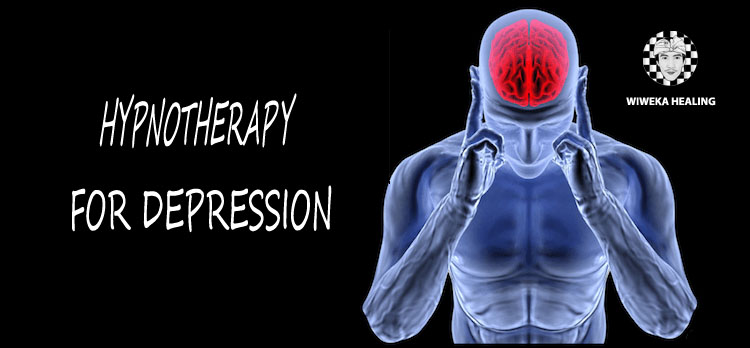
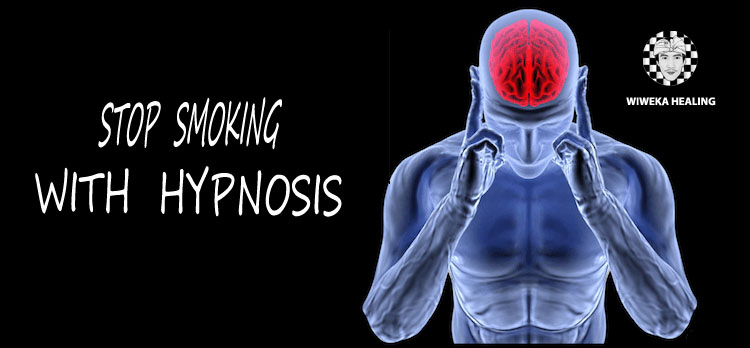
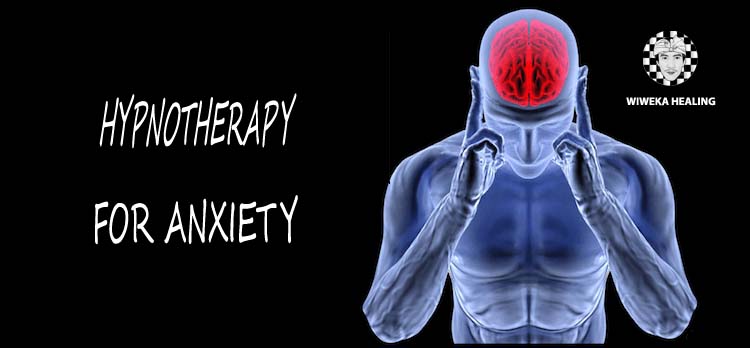
Leave a Reply